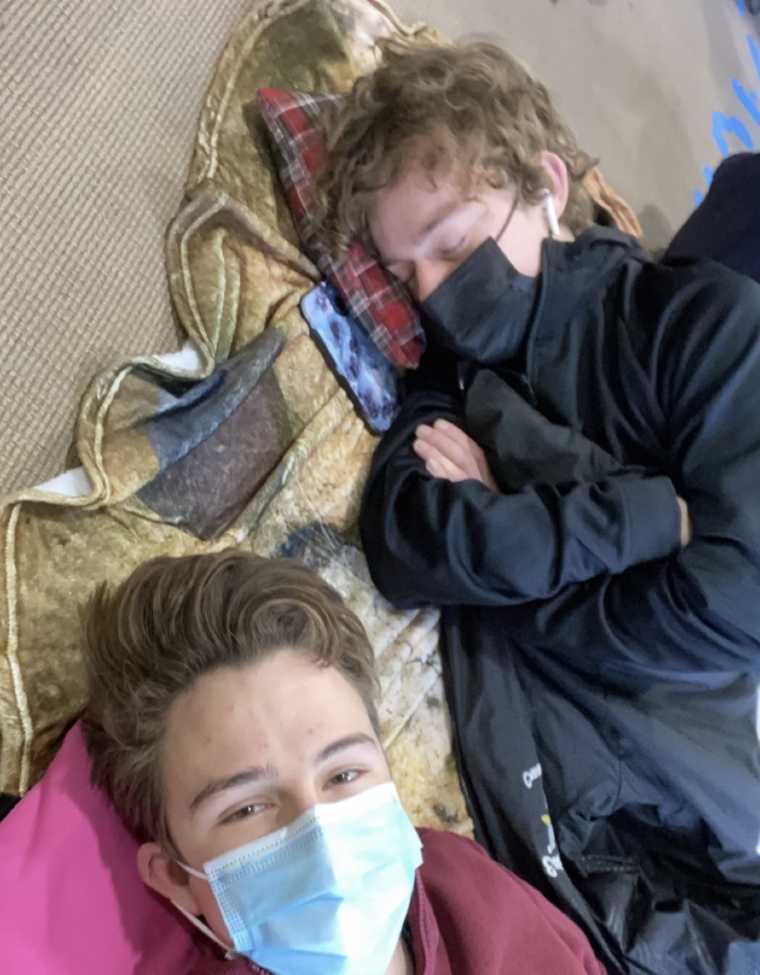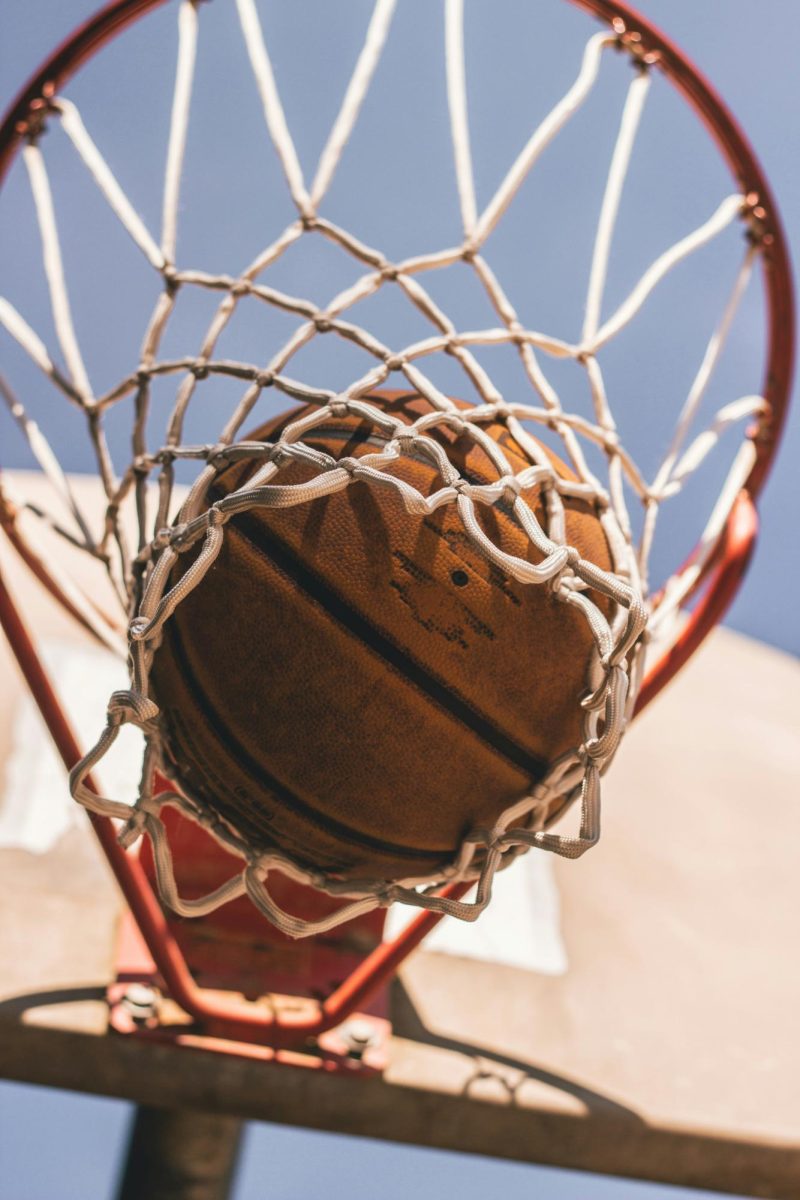Sleep deprivation can lead to chronic emotional and physical problems
IZZY PAGGIOLI
Depression. Anxiety. Erratic emotions. These are just a small portion of the effects that come with sleep deprivation. At ELHS, it is common for busy students to put their commitments before their sleep health.
According to Dr. Kathryn M. Cambi, MD, the ideal sleeping range for high school students is eight to 10 hours.
“Most of the time, if you have one bad night of sleep it doesn’t affect you tremendously. If you have consistently
poor sleep habits, then you can have a lot of impairments. It can be with your attention and your ability to focus. In
school specifically, it can be with your academic performance: how you do with grades, your motivation, but also
with time management, organization, can all be affected school-wise,” Dr. Cambi said.

Many high school students go without eight hours frequently, the average is seven hours according to Nationwide Children’s Hospital. Sophomore Aranza Torres sometimes goes weeks without getting eight hours of sleep, depending on the workload of the week.
“I stay up late at night to either finish my homework or do the things I have to do after that. [Without eight hours,] I usually feel tired, I have headaches, and I can’t focus as well in school. I overall just have a worse day.”
As a runner, prioritizing sleep is important for her. Without sleep, she feels “mentally tired,” but pushes through practice.
“I try to do the best I can, but work gets the better of me. Not sleeping mentally drags me down, which affects my performance. I have to push myself through it,” Torres said.
Another student, sophomore Hannah Socha, doubles up on sports during the swim season. As a result, her homework gets pushed back later into the day and she gets less sleep.
“It’s difficult to find motivation because I do the same thing every day. My exhaustion from the sport at night affects me a lot,” Socha said.
To swim and dance, Socha needs a high endurance. Therefore, she sees the impact sleep deprivation has on her athletic performance.
“I’m not as attentive as I usually would be during my sport. I can’t correct my mistakes as easily. My body is
just more tired, that’s when I really don’t have a lot of motivation,” Socha said.
In a study conducted in 2014 by Matthew Milewsk, M.D, 160 student-athletes participated in a survey correlating training practices with injury. It showed that athletes who slept on average less than eight hours of sleep were 1.7 times more likely to obtain an injury compared with athletes who slept more than eight hours. Encouraging athletes to get optimal amounts of sleep may help protect them against athletic injuries.
A study shown in the journal SLEEP shows that sleep extension is beneficial to athletic performance. Sleep extension is the act of prolonging rest beyond average sleep time. The study involved the men’s varsity
basketball team at Stanford University. With a mean total sleep time of 8.5 hours per night, reaction time increased and daytime sleepiness decreased.
Girls’ track-and-field coach of 44 years, Carl Reichard, considers sleep to be the body’s “recharge mechanism.” After physical exertion, sleep allows the heart to rest and cells and tissues to repair.
“It allows you to recover from workouts and process information better. Students function much better if they get enough sleep. If you feel fatigued and tired, you’re not going to be able to push yourself and I think that really has a big effect if you’re under stress like in a meet or on a test,” Coach Reichard said.
He encourages structure and organization during a busy week. Students have to be willing to put down their technology and set aside the time they need for sleep.
“People that are successful in sports, arts, music, and any academics are disciplined about how they structure their time,” Coach Reichard said.
Keeping a regular sleep-wake schedule and prioritizing sleep can improve athletic performance overtime, and help to prevent future injuries from occurring.





